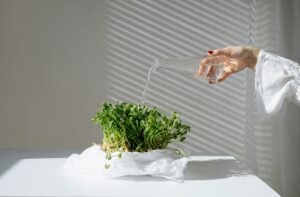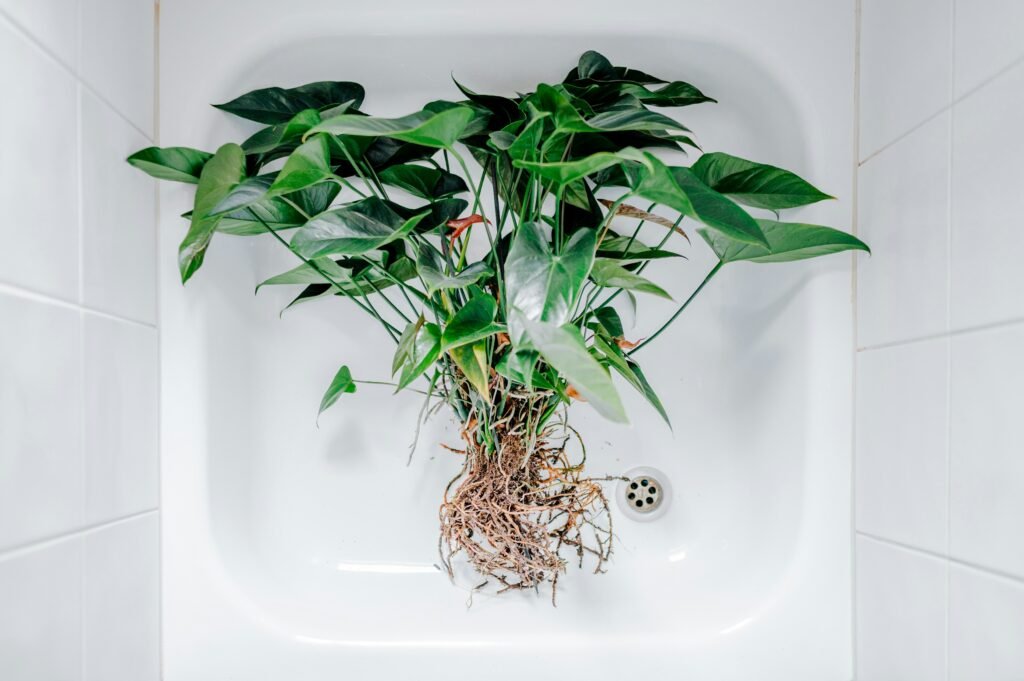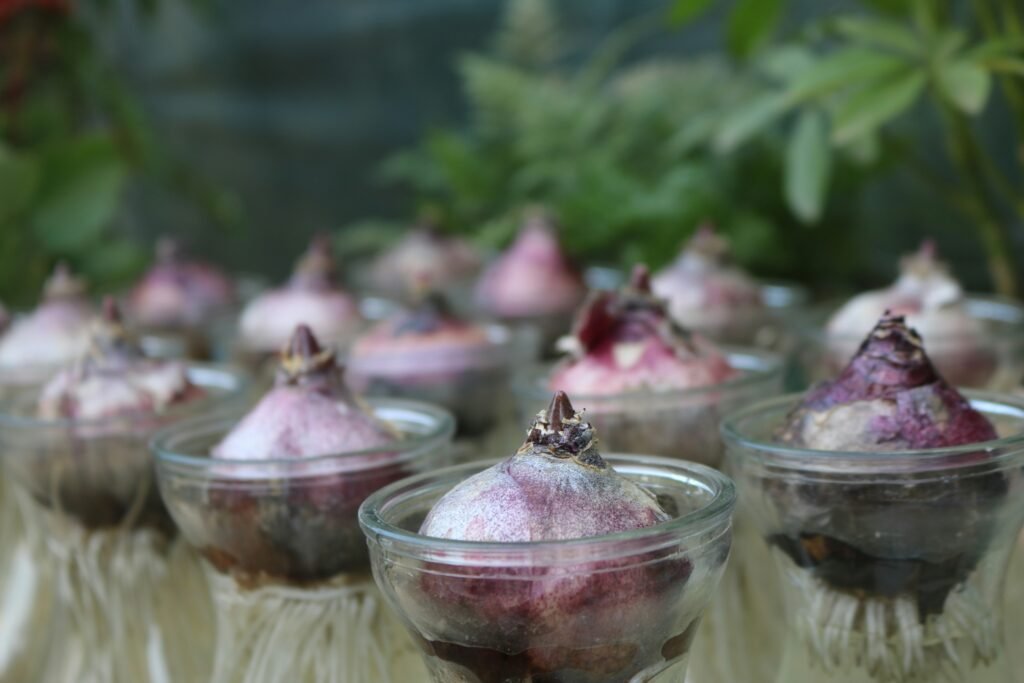What is Distilled Water?
Distilled water is water that has gone through a purification process called distillation. This process involves boiling the water until it turns into steam, then cooling the steam back into liquid form. The distillation process removes impurities, minerals, and contaminants, resulting in pure H2O. Unlike tap water or spring water, distilled water is free from dissolved solids, chlorine, fluoride, and other potential contaminants.
Advantages of Using Distilled Water in Hydroponics
- Purity and Consistency Distilled water is almost entirely free from impurities and minerals. In hydroponics, this can be advantageous because it allows growers to have complete control over the nutrients added to the water. Without any pre-existing minerals or contaminants, the grower can ensure that plants receive the precise nutrient balance needed for optimal growth.
- Reduced Risk of Contaminants Tap water can contain chlorine, chloramines, and other chemicals used in municipal water treatment. These chemicals can be harmful to plants and beneficial microbes in a hydroponic system. Distilled water eliminates this risk, providing a clean slate for nutrient mixing.
- Avoiding Nutrient Imbalances Since distilled water lacks minerals, there is no risk of nutrient imbalances caused by unknown substances in the water. When using tap water, minerals like calcium, magnesium, and sodium can interfere with the nutrient solution, leading to deficiencies or toxicities in plants. Distilled water ensures that only the nutrients you add are present.
- pH Control Distilled water typically has a neutral pH of around 7.0. While the pH may shift slightly after exposure to air, it remains relatively stable compared to tap water, which can vary widely in pH. A stable pH is crucial in hydroponics, as it affects nutrient availability. Using distilled water makes pH management more predictable and easier to control.
Disadvantages of Using Distilled Water in Hydroponics
- Lack of Essential Minerals One of the main drawbacks of using distilled water is that it lacks essential minerals that plants need. In soil, these minerals are naturally available, but in a hydroponic system, the grower must add them manually. This requires careful monitoring and precise nutrient management to ensure plants receive all the necessary elements for growth.
- Cost and Availability Depending on the scale of your hydroponic setup, using distilled water can become expensive, especially if you’re buying it in large quantities. For small hobby systems, the cost may be manageable, but for larger operations, it may not be practical. Additionally, consistently sourcing distilled water can be a challenge in some areas.
- Environmental Impact The production of distilled water requires energy, contributing to its environmental footprint. The distillation process also wastes a significant amount of water, as only a portion of the original volume is recovered as distilled water. For eco-conscious growers, this may be a concern.
Alternatives to Distilled Water
While distilled water offers purity and consistency, there are alternatives that can be equally effective in hydroponics:
- Reverse Osmosis (RO) Water Reverse osmosis is another purification method that removes a large percentage of impurities and dissolved solids from water. RO water is similar to distilled water in its purity but may retain trace amounts of minerals. It is often more readily available and can be produced at home with an RO system, making it a practical alternative to distilled water.
- Dechlorinated Tap Water For those who find distilled water cost-prohibitive, dechlorinated tap water can be a viable option. By using a water conditioner or letting tap water sit out for 24-48 hours, chlorine can be removed. This approach may not remove all impurities, but it can reduce the risk of chemical contamination.
- Filtered Water High-quality water filters can remove many contaminants from tap water, including chlorine, heavy metals, and organic compounds. While filtered water may still contain some dissolved minerals, it can be a more cost-effective and environmentally friendly option than distilled water.
Best Practices for Using Distilled Water in Hydroponics
If you choose to use distilled water in your hydroponic system, here are some best practices to ensure optimal plant health:
- Regularly Test Water Quality Even though distilled water is pure, it’s essential to regularly test the water’s pH and electrical conductivity (EC) levels. This ensures that the nutrient solution remains balanced and that plants receive the right amount of nutrients.
- Supplement Essential Nutrients Since distilled water lacks minerals, it’s crucial to add a comprehensive nutrient solution that includes all the essential macro and micronutrients. Consider using a hydroponic nutrient mix specifically designed for use with purified water.
- Monitor pH Levels While distilled water has a neutral pH, the addition of nutrients can alter it. Use a pH meter to regularly check the pH and make adjustments as needed to maintain it within the ideal range for your plants.
- Change the Water Regularly Over time, the nutrient solution can become imbalanced as plants absorb nutrients and release waste products. Regularly changing the water and replenishing the nutrient solution helps prevent nutrient lockout and ensures continued plant health.
Conclusion
Using distilled water for hydroponics can offer several benefits, including purity, consistency, and reduced risk of contaminants. However, it also requires careful nutrient management and may not be practical for large-scale operations due to cost and environmental concerns. Ultimately, the decision to use distilled water should be based on your specific needs, budget, and the scale of your hydroponic system. By understanding the pros and cons, you can make an informed choice that supports the health and growth of your plants.








